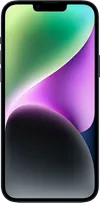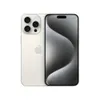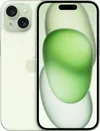I’ve used the iPhone 15 Pro for 6 months — 6 camera upgrades that the iPhone 16 Pro needs
These are easy additions that Apple could make happen
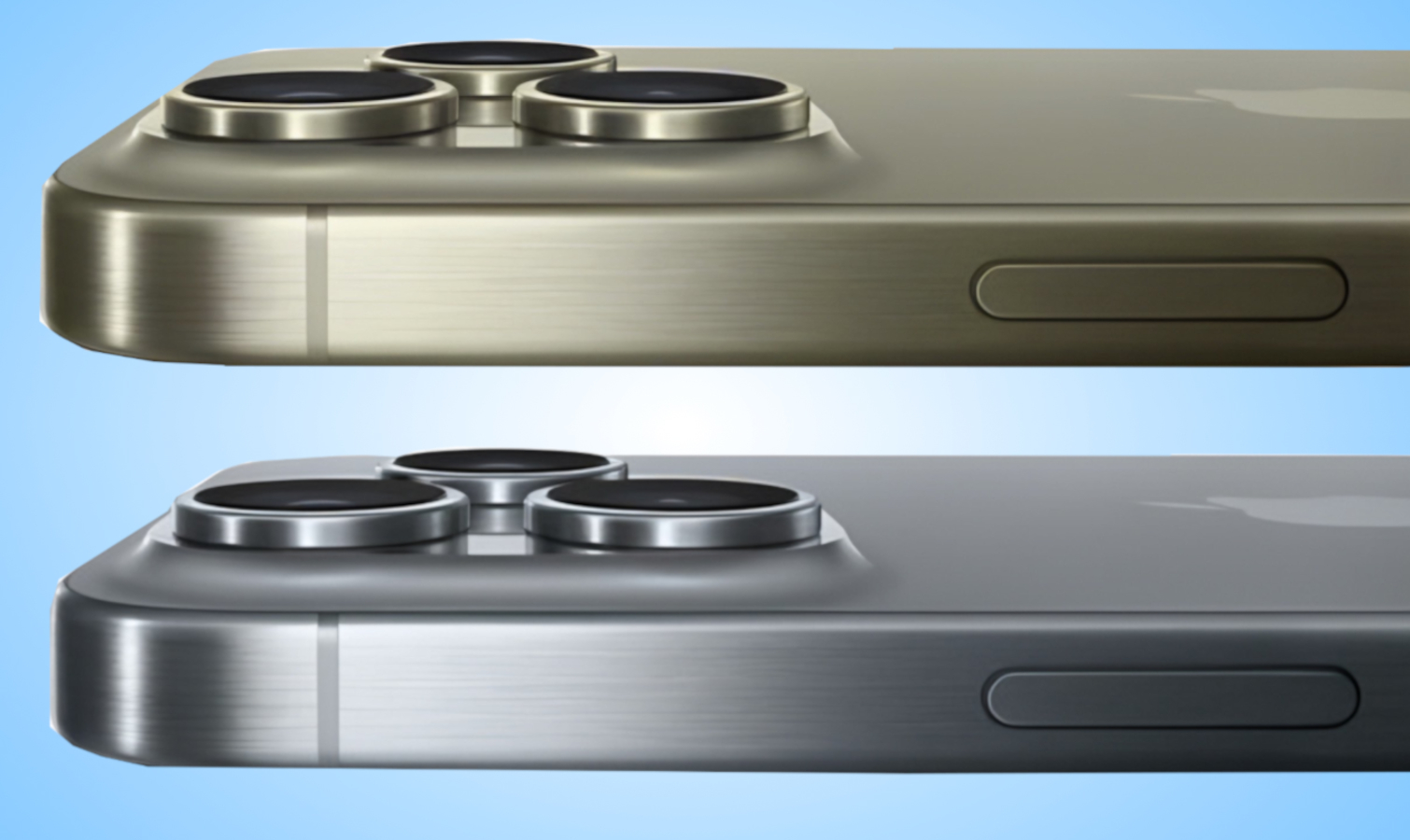
You truly get to know a device the longer you use it. That couldn’t be more true with the iPhone 15 Pro, which I’ve been using for six months to capture all sorts of photos and videos with its cameras. While it still makes our best camera phones list — the iPhone 15 Pro Max tops those rankings — half-a-year of use has given me a better sense of what Apple could do to make the iPhone 16 Pro a more substantial camera upgrade.
When it comes to iPhone 15 Pro vs. 15 Pro Max differences, the main one is simply the extra telephoto range of the larger iPhone — it stretches to a 5x optical zoom, versus the 15 Pro’s 3x zoom. Don’t get me wrong, both take superb photos each and every time, no matter the time or day or lighting conditions. Yet, there are annoyances I have with the cameras based on six months of iPhone 15 Pro use.
The biggest rumored iPhone 16 Pro camera upgrades have me excited for greater year-over-year improvements, but I want Apple to address the biggest complaints I have about the current generation. Most of them are actually easy fixes that don’t require hardware changes, but could have a tremendous boost to how users capture content.
Native manual controls
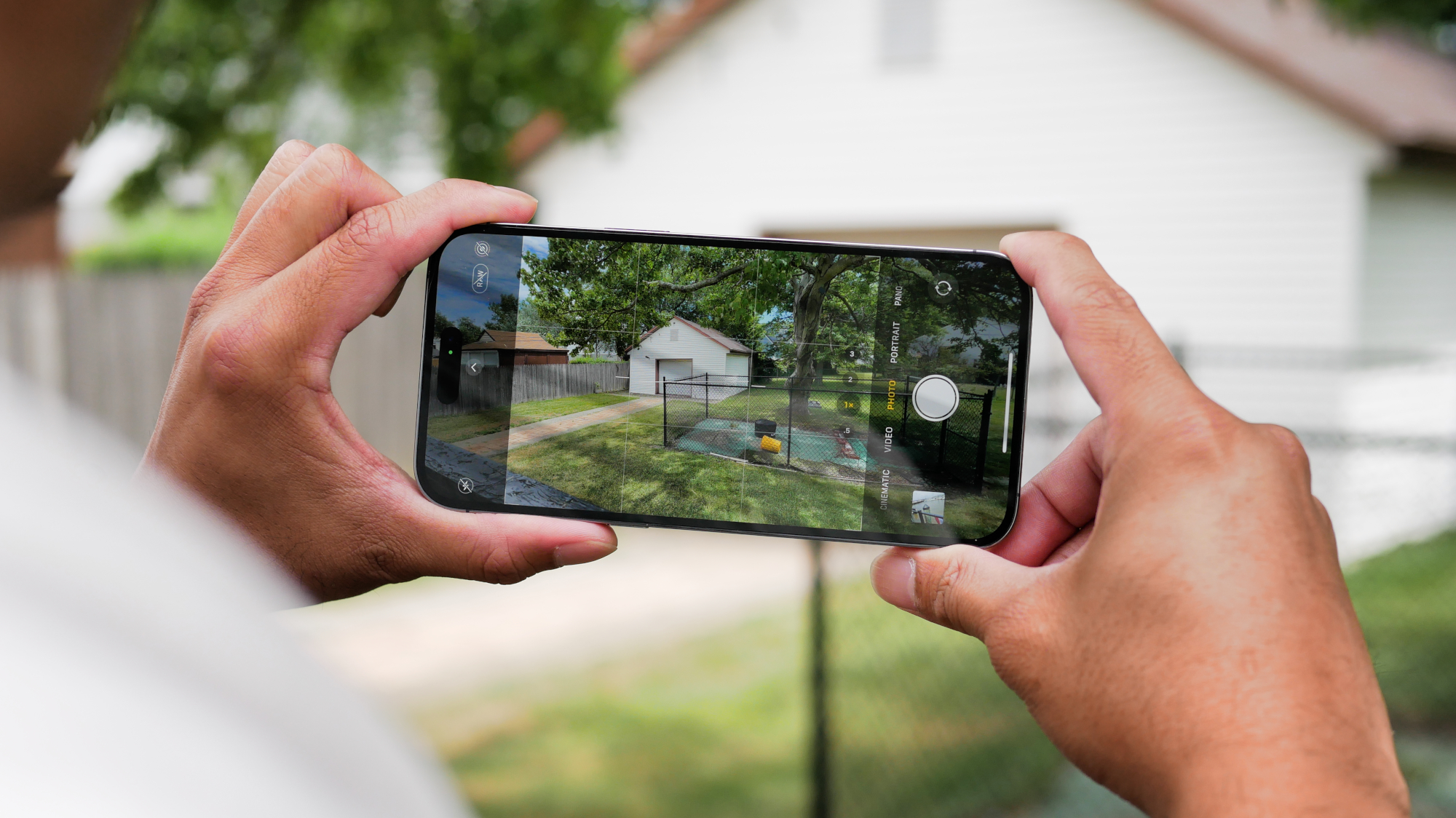
I’ve been asking for manual controls on the iPHone for as long as I can remember, but Apple has yet to budge to offer natively in the Camera app. Instead, camera enthusiasts like myself lean into third party apps.
When I photographed the April 2024 solar eclipse, I said that the iPhone 15 Pro’s poor performance was largely because it shoots on automatic — resulting in heavy artifacting elements in my photos because of higher ISO levels.
This one’s an easy addition that could provide creative ways to how users capture photos with the iPhone 16 Pro. Manual controls would consist of modifying the ISO, shutter speed, focus, white balance, and more. As a frequent videographer that relies on phones as a backup camera, I cannot tell you how helpful it would be to get manual controls for video recording as well.
Access to settings in camera app
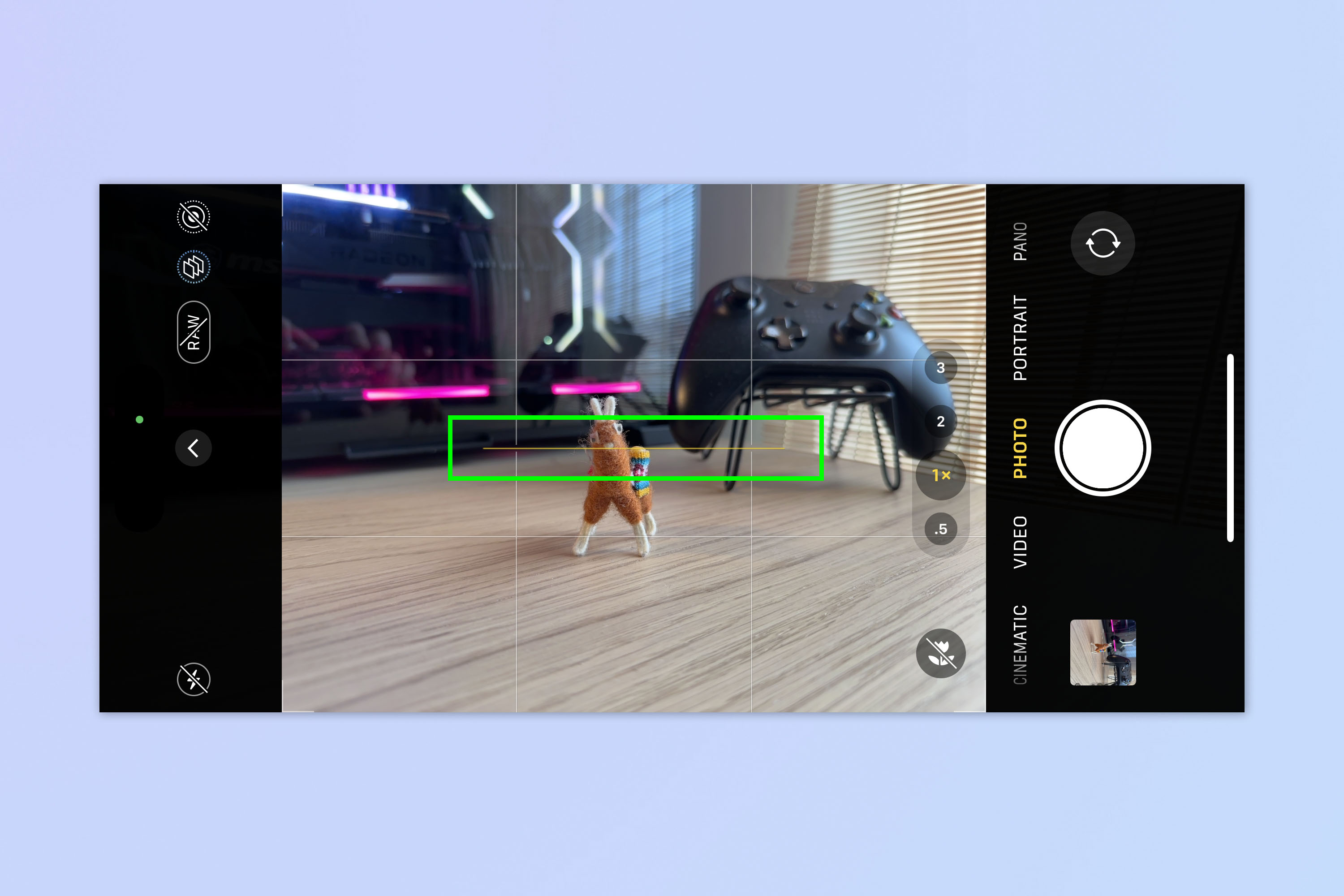
Other phones logically have all the camera settings contained within the Camera app, yet Apple continues to bury them in the iPhone’s Settings menu.
Sign up to get the BEST of Tom's Guide direct to your inbox.
Get instant access to breaking news, the hottest reviews, great deals and helpful tips.
I will give Apple credit for moving a few of them into the Camera app — like the ability to switch video resolution and frame rates. However, composition options like the grid and level meter still require me to visit the main Settings menu to enable them.
8K video recording
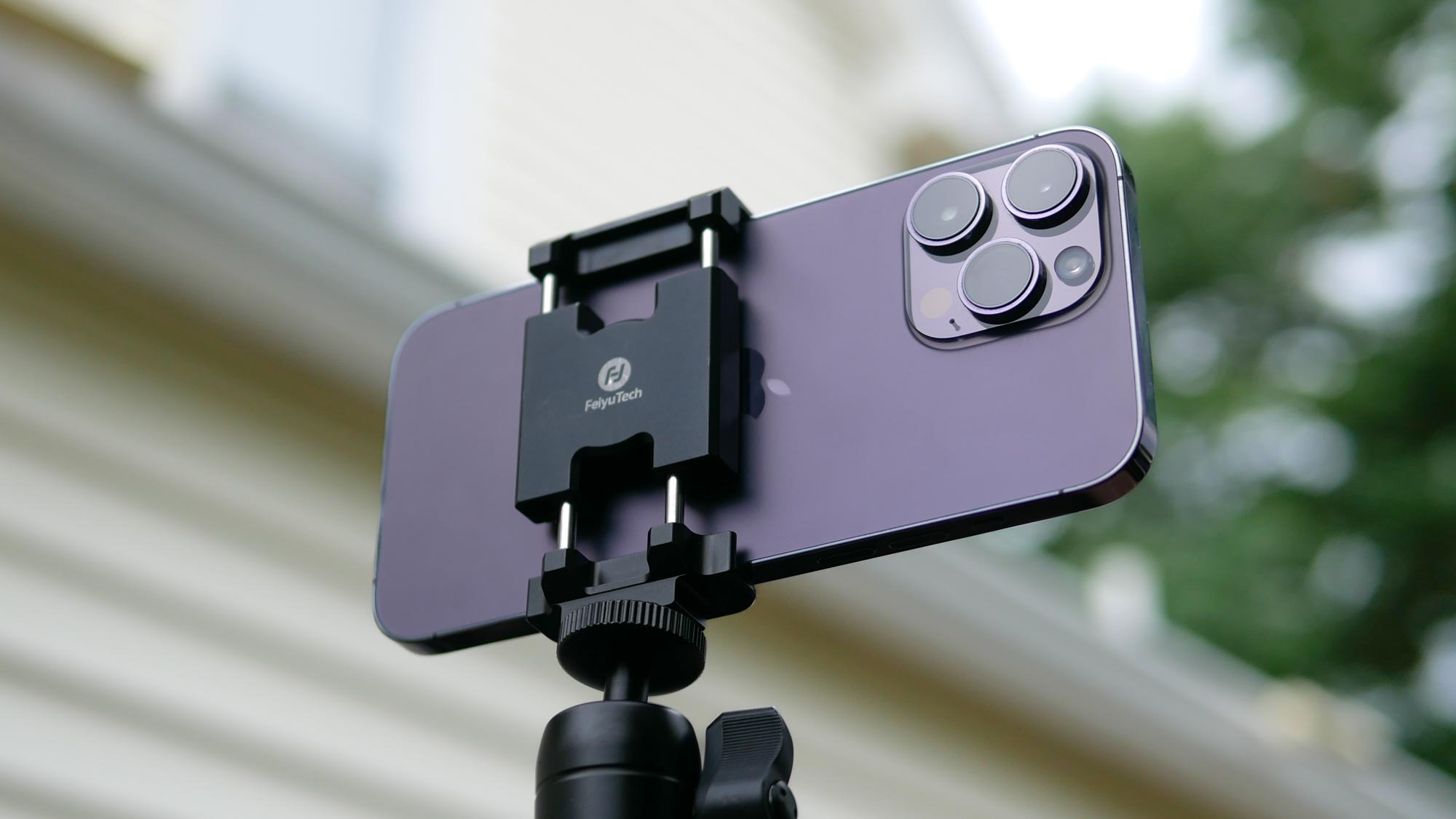
I agree that 4K is the average video resolution offered by most phones (including some budget ones), but Apple needs to take the next step in moving up to 8K. Phone makers like Samsung and Xiaomi have been offering 8K video recording in their flagship devices for a couple of generations now, despite maxing out at a frame rate of 30 fps.
The reason for having 8K recording as an option doesn’t necessarily relate to quality, but rather, getting the extra utility of editing the footage. There are obviously few 8K TVs that are commercially available, so the biggest reason for the iPhone 16 Pro to offer 8K support is to give editors room to crop and apply motion effects — with minimal detail loss in the process. Letting the iPhone 16 Pro record in 8K would allow editors to manipulate the footage and export them in 4K.
Simultaneous recording from all cameras
Apple introduced Multi-Camera Capture back with iOS 13, and that feature gives developers a way to access the iPhone’s cameras for simultaneous video recording. However, it’s not a feature that’s available through the iPhone’s native Camera app — instead, you need to turn to third-party apps like DoubleTake by Filmic Pro. It also limits the recording to two cameras, not all of them.
What could make the iPhone 16 Pro a more formidable video camera would be the ability to record video from all of its cameras simultaneously, and at full resolution as well. This would require intense power to process the footage, but if leaked benchmark scores are accurate, an A18 Pro-powered iPhone 16 Pro could make it a reality.
Just imagine: the ability to press the record button and have the footage from all the cameras in 4K resolution. This is the stuff that indie movie makers dream about because it provides more angles to choose from.
AI editing tools

I didn’t think I was going to find AI editing tools useful on my Pixel 8 Pro or Galaxy S24 Ultra, but I appreciate how they help save me time. Apple’s rumored to introduce AI features with iOS 18, but there’s been very little around what photo and video editing tools those AI efforts may include.
The iPhone 16 Pro would naturally attract creatives, so I’m hopeful that Apple will cater to this growing trend. I’m confident Apple could easily add AI features similar to Google’s Magic Editor, seeing that the current generation of iPhones can already accurately identify people and objects in photos — which can then be transformed into Live Stickers.
Another useful AI editing tool I’d like for Apple to adopt is how Samsung's latest Galaxy S24 phones can transform any video into slow motion footage with Instant Slow-Mo.
AirPods as a wireless microphone
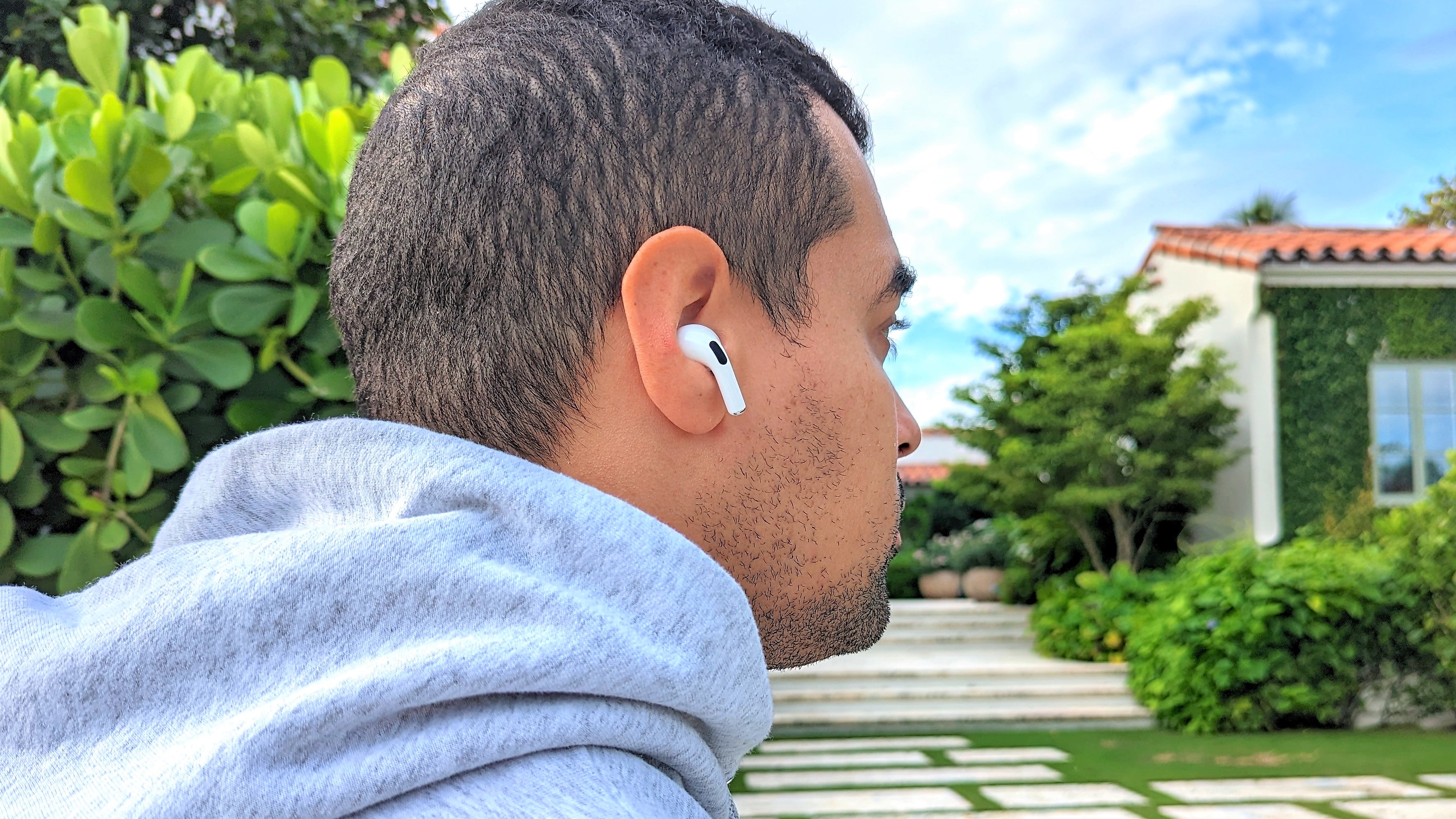
One of the coolest features I tested with the GoPro Hero 12 Black is its ability to use wireless earbuds as wireless microphones. Apple could easily do the same with the iPhone 16 Pro, while also giving potential buyers a reason to get a pair of AirPods.
Often, people are concerned most about the iPhone’s video recording quality, but they overlook the audio recording quality. By giving the iPhone 16 Pro the ability to adapt wireless earbuds like my AirPods Pro 2, it would ensure crisp audio recording even when I move far away from the iPhone.
Nothing’s worse than sounding like you’re a mile away from the camera, so adding this feature would be a tremendous boost to the iPhone 16 Pro’s audio recording performance. Apple could even make it better by allowing users to capture two audio sources with the AirPods, which would be perfect for situations like interviews.
More from Tom's Guide
- iPhone 16 and iPhone 16 Pro dummies leak — and their cases reveal two big changes
- Pixel 8a — 5 biggest rumored upgrades
- Samsung Galaxy S24 FE leak is bad news for release date — here's why

John’s a senior editor covering phones for Tom’s Guide. He’s no stranger in this area having covered mobile phones and gadgets since 2008 when he started his career. On top of his editor duties, he’s a seasoned videographer being in front and behind the camera producing YouTube videos. Previously, he held editor roles with PhoneArena, Android Authority, Digital Trends, and SPY. Outside of tech, he enjoys producing mini documentaries and fun social clips for small businesses, enjoying the beach life at the Jersey Shore, and recently becoming a first time homeowner.

